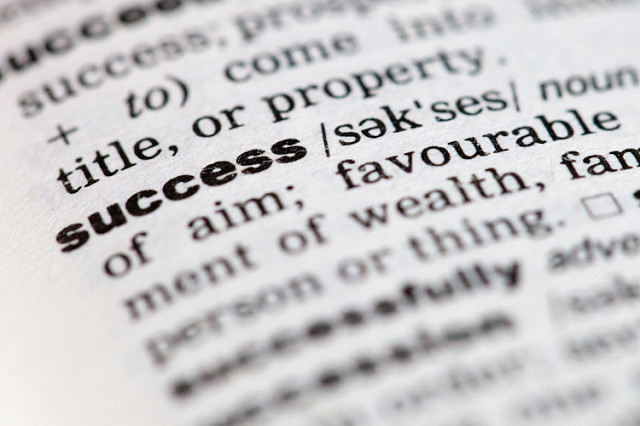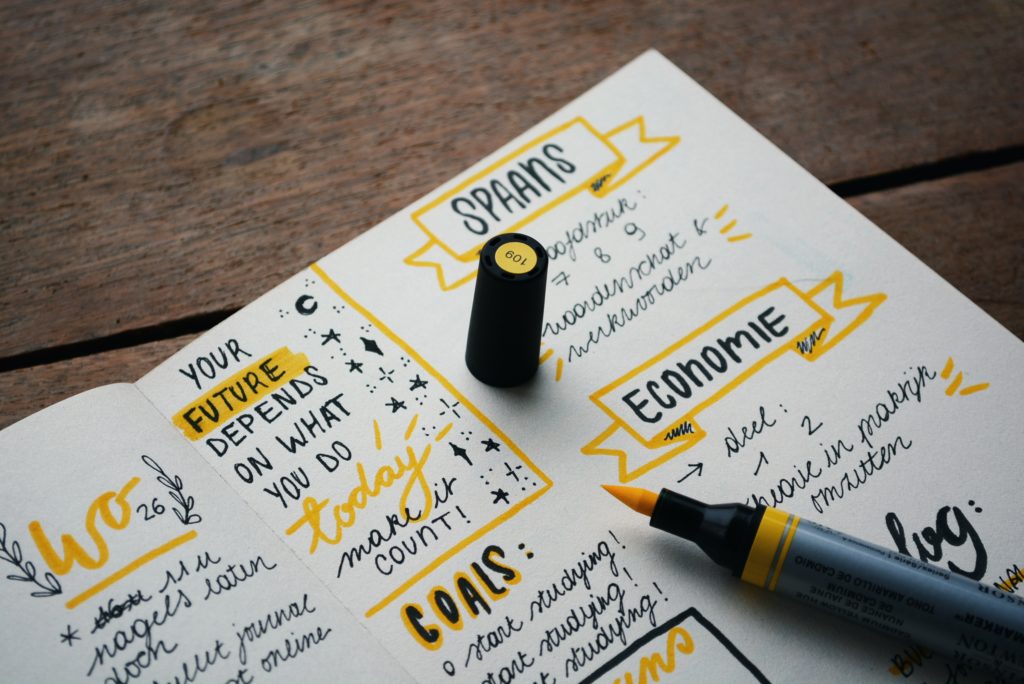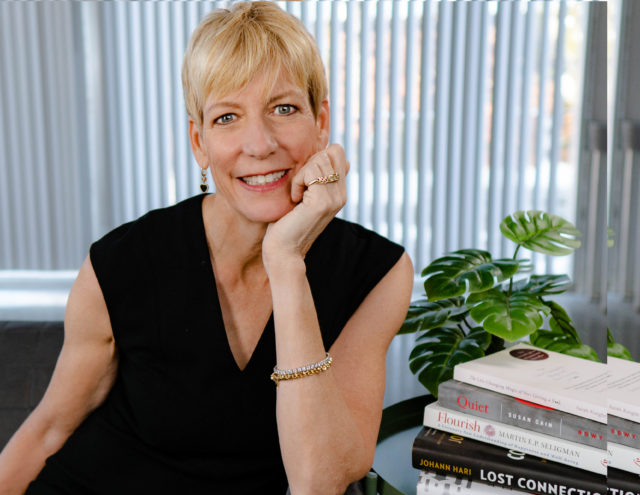Boundaries For Success – What Are Yours?

Several weeks into working from home, many of us have discovered just how challenging it can be. Everyone in your household has needed to make adjustments. The more people under one roof, the more agendas, the more complicated it gets, and the greater need for boundaries.
What is needed now is balance and to achieve that we have a responsibility to place boundaries around the sacred areas of our lives. Otherwise you might find yourself answering emails until the wee hours of the morning or skipping workouts because your co-workers believe you will work 24/7.
In my book Personal Next, I explore how 9 fundamental and ongoing practices are used by high performers as they strive to achieve their biggest goals and success. The word “practices” represents the idea that these processes are continually evolving because we are constantly working at them. Creating boundaries falls squarely into this category.
If your only goal is to work then perhaps your personal boundaries are not an issue. But if you want to add in a relationship, a healthy lifestyle, family and friends, and your personal development, boundaries are key. Furthermore, if you manage other individuals, it is important to understand and accept the boundaries of your direct reports.

Take time to ask yourself some pointed questions through the lens of this model of 9 practices. This will challenge your thinking and help you isolate areas for improvement.
Proficiency:
High performers recognize that they need to continually develop knowledge and skill sets and nurture their aptitudes. This requires an awareness of your strengths and as well as what you need to work on. You cannot gain proficiency at a skill until you define what it means. Do you have a definition of what are effective boundaries for you in each of the important areas of your life?
Regulation:
This is the ability to manage your impulses, thoughts, and emotions as well as delay gratification and is a necessary aspect of honoring your boundaries. Once you decide what are effective boundaries, how do you ensure you preserve them respectfully? What are the one-off situations that might require you to encroach upon them?
Attitude:
A high achiever knows believing in and working hard is vital. But the process of living by your boundaries is also hard work and there will be times when you fail. If your attitude toward boundary setting reflects a growth mindset, look at these failures as the opportunity to learn, and, if appropriate, make adjustments. When was the last time you crossed a boundary and why did it happen? How did you adjust?

Commitment:
Commitment is not just a virtue but daily action. Your boundaries are a promise you make to yourself and to others. Like all promises you need to assess how you are doing. On a scale of 1 to 10 how strong is your commitment to your boundaries? Are there occasions when it is appropriate to bend your own rules?
Tuned-In:
Boundaries allow you to engage fully with what you need to accomplish. This requires a sensitivity to your relationships and an understanding that you are making a contribution to something bigger than yourself. Do your boundaries honor those around you? When you blur the boundaries of work and home, who is most affected? Is this acceptable?
Identity:
We play many roles in our life and so it makes sense that we often have different boundaries for those roles. When you are defining your boundaries do you consider all aspects of your identity not just your working identity? Think about your identity outside of work, for example family member, fitness lover, or fun-maker. What are the benefits of boundaries in each important areas of your life?
Confidence:
The value you add to your organization is often recognized through your compensation, title, and opportunities. You can gain great confidence through these metrics but do you have the confidence to say no when you asked to do something that crosses a boundary? This might include cancelling a vacation, sacrificing your personal time, or neglecting other important obligations. Learning to say no is a skill that many of us find challenging. When was the last time you said no to a request and how did that make your feel?
Emotions:
Sometimes emotions cause us to cross boundaries or allow others to cross ours. If this has happened to you, did this happen because of guilt, shame, anger, worry about disappointing someone, job security, excitement, or out of compassion for someone else? Work on connecting with your emotion when it happens and ask yourself, is this how you want to feel and how does it help you?
Secure Base:
It helps to be able to explore what are appropriate boundaries and the challenges around what you might be experiencing. To explore it requires you trust someone. Do you have an individual or a community that can be called upon in times of need, when vulnerability is required, or when honest words need to be spoken? Who is that person or group you can share with? Have you ever discussed boundaries with them and how that relates to success?
Over the next few weeks, depending on your organization, some of us will migrate back to offices while others will still be required to work from home. The coping mechanisms we have put in place will once again shift. As our situations shift so, too, will our boundaries. This is a great time to examine your boundaries. By taking a pause and answering the questions above you will bring clarity to your boundaries as well as letting others know that these are important to you.
This guest post was authored by Melinda Harrison

Photo via Wallbanger Media
MELINDA HARRISON, PCC, OLY, a former Olympic swimmer, is a professional certified ICF PCC Level Executive Coach with extensive experience on goal discovery and pathways to attainment. Melinda navigated from Olympian (Los Angeles 1984) to businesswoman and from volunteer to community leader. She is devoted to helping individuals move from one level of success to the next.
Melinda combines her business and entrepreneurial experience with her background as an Olympic athlete to help individuals and teams create a deeper self-awareness, develop opportunities, and move towards their goals.

